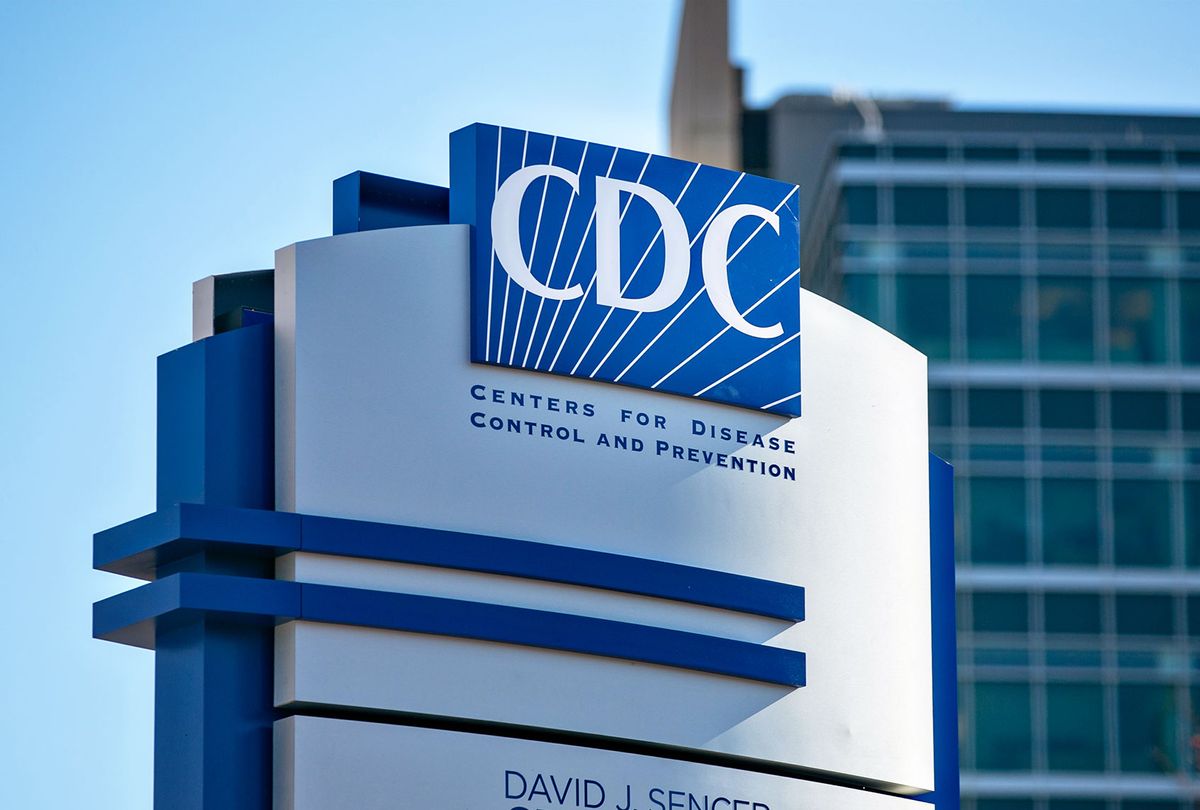A 54-year-old man in central Florida is being treated for leprosy, without known contact with previous exposures, suggesting the illness, "has become endemic in the southeastern United States," according to a case report released by the Centers for Disease Control and Prevention's (CDC). The man, who works in landscaping and spends a lot of time outside, represents one leprosy case of hundreds reported in the past several years, with 216 cases reported in 2019 and 159 in 2020, the last year for which data is available. Nearly one-fifth of 2020's national cases were reported in Florida while central Florida accounted for 81% of cases in the state, per the CDC report.
Leprosy, formally known as Hansen disease, is a chronic infectious disease treatable with a multi-drug regimen of antibiotics. But left untreated it can cause nerve damage. It is spread from person to person, likely with bacteria from water droplets in coughs or sneezes transmitting the disease in prolonged extended contact, according to the World Health Organization. It can also be spread by coming into contact with armadillos that are carrying the bacteria, Mycobacterium leprae.
Like the landscaper's case, about one-third of leprosy reports between 2015 and 2020 are thought to have been contracted within the country. "The absence of traditional risk factors in many recent cases of leprosy in Florida, coupled with the high proportion of residents, like our patient, who spend a great deal of time outdoors, supports the investigation into environmental reservoirs as a potential source of transmission," the report stated.
This isn't the first time Florida has been a breeding ground for the resurgence of uncommon diseases. This summer, the first cases of malaria reported in the country since 2003 were documented in the state. In 2015 and 2022, officials also reported outbreaks of rare flesh-eating bacteria.

Shares